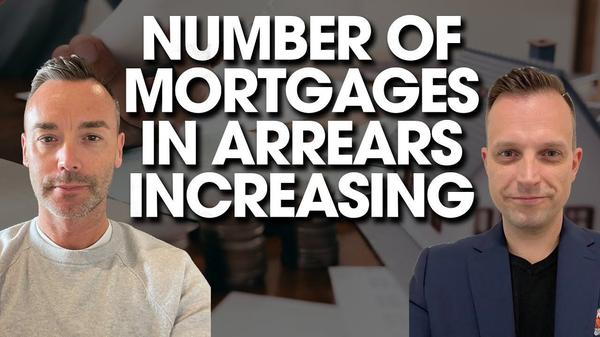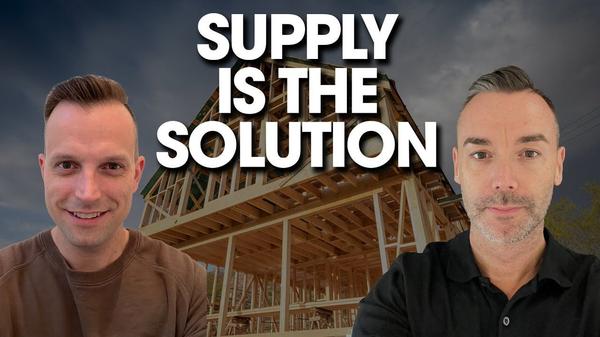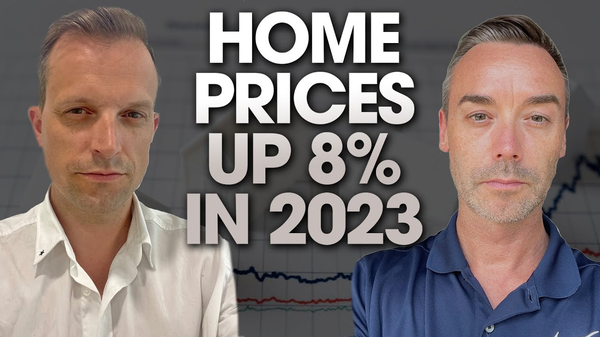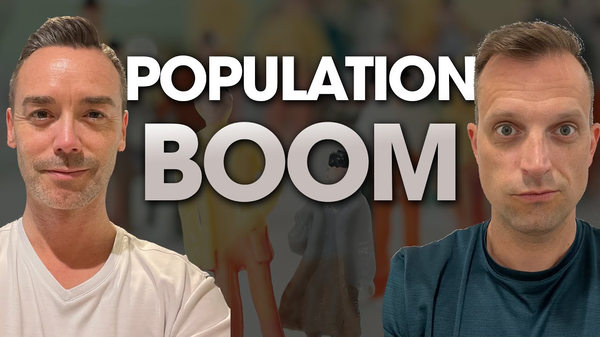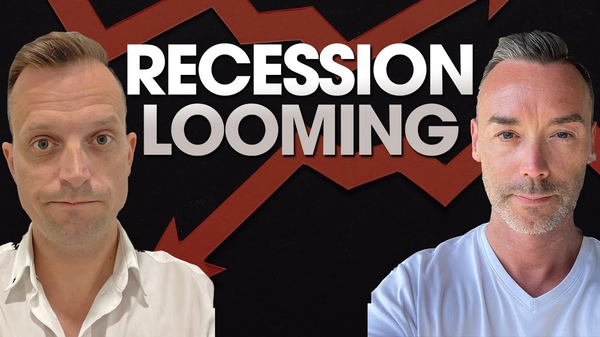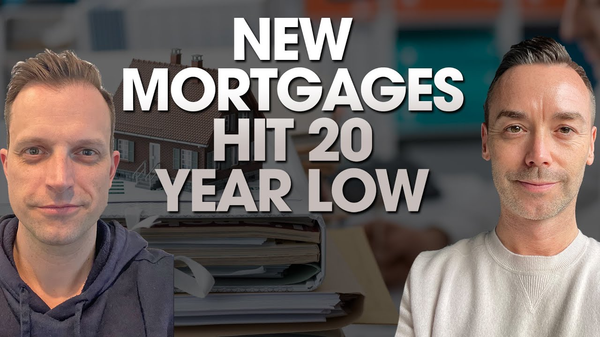Vancouver Real Estate Market Update For November 2023
This week's podcast has us looking into a number of pretty big changes taking place in our economy this month, along with a close examination of both the November Real Estate Stats for Vancouver and the impact of the decision by the BOC, to further hold rates.
With the BoC having maintained
Toronto & Vancouver Real Estate Markets TUMBLE
This week we dive deep into the real estate landscapes of Toronto and Vancouver, Canada's largest real estate cities with Merete Lewis, an Agent with Chestnut Peak Real Estate out of Toronto. We dissect the recent trends and statistics that are shaping both property markets and we look at which
How Did Rent Get So HIGH!?
In a recent article, Doug Porter, Chief Economist for BMO, revealed a startling reality: rents in Canada have surged by 8.2% year over year, marking the fastest pace since 1983! Moreover, for the first time in 60 years of records, income growth has trailed behind rents by a significant margin. T
Housing Supply Policies Coming FAST
In a significant move to boost housing supply, the federal government has unveiled a groundbreaking initiative following six months of record-high rental rates. A substantial $1.2 billion in low-interest loans is earmarked for the construction of 2,644 rental homes across seven new projects in T
Developers Pulling Back As Governments Demand More Housing
In this week's episode, we delve into the very challenging landscape faced by developers across major Canadian cities, a slowing national economy, more job losses and slowing GDP all the while we see some of the highest rental rates on record. We start with the gripping tale of a Toronto-based d
Condo Inventory Spike May Be Just The Beginning
Consumer confidence in the Real Estate market is a vital economic barometer and has taken a worrisome downturn. In September, confidence plummeted to levels nearly as low as during the peak of the pandemic and the Global Financial Crisis, setting off alarms that a recession may be looming. A signifi
Vancouver Real Estate Market Update For September 2023
In this week’s episode, we're diving into the current state of the Fall real estate market with the September Stats and it's not looking very (pumpkin)spicy. With falling prices, low sales volumes, high mortgage rates, and a significant lack of inventory to choose from, it's shaping up to be quite a
5 Reasons NOT To Sell Your Home In 2023
Thinking about selling your home and want to know when is the best time? Well knowing when not to sell is equally as important.
I’m going to give you 5 compelling reasons why you shouldn’t sell your home in 2023.
Selling your home is a big decision, you only get 1 chance to maximize the sale pric
High Rates For 2 Years Would Dramatically Change Housing
Inflation in Canada has been easing, with the current rate standing at 2.8%, the slowest since March 2021 and down from 3.4%. The largest factor contributing to this decline was lower gasoline prices compared to the same period last year, showing a decrease of 21.6%. However, shelter costs have r
Canadians Feeling The Pain From Bank Of Canada Rate Hikes
The Bank of Canada (BOC) announced a 0.25% interest rate hike, marking the 10th increase since March 2022 and bringing the overnight rate to 5%, the highest in 22 years!
The move comes as the Canadian economy, which has been stronger than expected, is expected to slow down due to the impact of
Vancouver Real Estate Market Update for June 2023
The real estate market experienced notable trends and shifts in June 2023. This episode focuses on key metrics for the month of June. We take a look at total sales, new listings, inventory, the current sales-to-active ratio, and pricing trends. By examining these factors, we gain insights into th
Canada Growing 7 X Faster Than The USA
In recent months, inflation in Canada has shown a downward trend, with the rate dropping from 4.4% to 3.4%, the lowest it has been since June 2021! The decrease can be attributed primarily to a significant drop in gas prices, which have declined by an average of 18%.
However, despite this overall
5 Signs We Are Heading Towards A Recession
This week we look at how the Canadian economy is grappling with a series of troubling indicators that raise concerns about a potential recession. Our podcast discussion explores the key factors contributing to the heightened risks, including skyrocketing household debt, surging mortgage payments,
Feds Hold Rate, Inflation Down - But New Mortgages Dropping....
This week we explore the inflation and interest rate factors affecting the United States and how they are impacting us here Vancouver. We take a close look at inflation, interest rates, new mortgage originations, rental rates, and the affordability index - all of which have changed significantly

Dan Wurtele
Phone:+1(604) 809-0834
